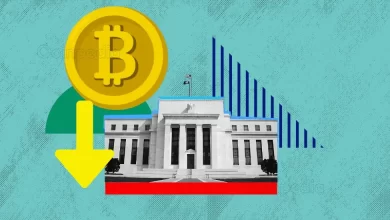They are not Zucker-Bucks but Facebook reinvented digital money. They constructed a blockchain-based digital currency, which is more like PayPal and Bitcoin, designed easy enough to use by all. Libra is just like your traditional currency that lives inside your phones, in a wallet App called Calibra.
Cashing-in your local currency would earn you nearly the same amount of Libra Stablecoin. In addition, Libra currency is free to move from one account to another. High credit card processing fees is not applicable here, which adds up to almost 4% of the total, argues Facebook. Even after these features, FSB is still unsure about its future effects on the global economy.
In a recently published report, The Financial Stability Board (FSB) of leading economies of G20, on Tuesday proposed 10 guidelines to regulate the operations of Facebook’s Libra Stablecoin. Taking care that it does not sabotage the local currencies. They said the present regulatory frameworks already cover activities, which Stablecoin has to offer. Moreover, Libra might involve other risks for which the nations might be unprepared.
FSB’s Recommended Guidelines
FSB suggests that the technology and mechanism used in Facebook’s Libra might have hidden vulnerabilities and risks that we might be unaware of. In addition, its effect on the global financial economy and the central banks is still unpredicted. Due to which the investors like PayPal, Visa and MasterCard backed off and said that it must not be launched till adequate rules are made.
This blockchain-technology currency must be abiding by the same rules as other businesses and face the same risks, said FSB. The FSB added that the Stablecoin operators must effectively manage risks and must provide security against cyber-attacks etc.
It is prominent that Stablecoin has to work across borders. FSB thus says that a combined and flexible approach could encourage consistency and reduce “opportunities for cross-sectoral and cross-border regulatory arbitrage”
The Future of Libra
If launched, the issuing and governing body would be located in Switzerland. But in the current scenario, Libra has posed a threat, which forced the central banks to research more and probably launch their own digital currencies. Hence, for now, FSB has banned Libra and acknowledged that there is no threat of financial stability at present. However, could have serious implications on large-scale adoption.
FSB is looking for additional feedback from the IMF, World Bank, and other organizations. Hence, the Public Consultation period is extended until July 15 and final reports might be expected until October.







